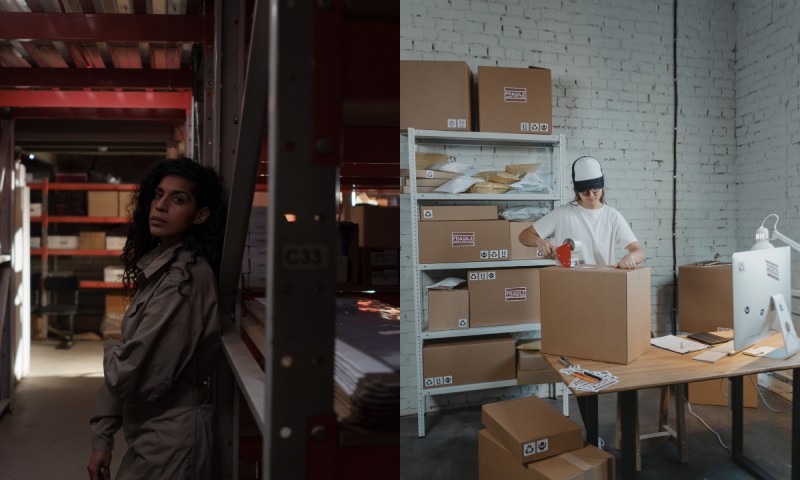Owning a Warehouse. Is it Profitable for Small Businesses?
- Business
- August 3, 2022

Warehousing is an issue when a business starts to grow. Bigger companies can manage it since they have the finances and resources to do so. Unfortunately, small and medium-sized companies don’t have that kind of luxury. As a result, they look for inexpensive solutions. You can hire a third party to satisfy your warehousing requirements without spending on a personal one. For more information, visit https://redstagfulfillment.com/3pl-definition-process-resources/. Some fulfillment centers offer warehousing solutions, or you can go for independent options. But one thing is clear, owning a warehouse for a small business is an unnecessary strain on their already constricted budget. Following is a discussion that will further prove the point.
Storage Locations
How about having multiple storage options for better order processing and delivery. If you decide to own a warehouse for your small business, the deliveries will only be swift in the local area. However, your product can be at multiple storage locations with numerous third-party options. As a result, the order processing is quick, and clients don’t have to wait long for their products.
Order Processing
Organized warehousing can save you from a lot of trouble if you have a business that directly takes customer orders. You don’t have to go through the effort of locating, packaging and dispatching the product. Most of these tasks will be done by warehouse staff; you just have to worry about sending the correct information to the warehouse.
Inventory Control
The main aim of a warehouse is to manage inventory perfectly. If you own a warehouse, you will have to hire a staff to manage inventory, make stock reports and update the system after every order completion. As you can understand, this is a relatively expensive process, especially for small businesses. However, third-party warehouses can take all this effort away and provide expert service. Your stock will be kept healthy, and you will be receiving timely updates to make better decisions.
Purchasing Decisions
This is a scenario where owning a warehouse can be profitable. However, it will only be applicable for small-sized manufacturing concerns. Such companies will store their raw material, which will be immediately available when the demand arises. This saves the company’s transportation costs, making owning a warehouse profitable.
Risk Management
For a small business, it is essential to keep the risks in check. When the demand for a product increases, it is difficult for a small business to keep up with the pace. This is when a warehouse can be very beneficial. You can use a warehouse to stock up on your best-selling products before the season’s onset. As soon as the demand rises, you can quickly release them into the market without losing any business.
Many businesses only rent out warehouses when they have a higher demand. But for small businesses, saving expenses is the difference between survival and shutting down. Third-party warehousing will save small businesses a fortune, and owning them might be a headache for most rather than profitable.